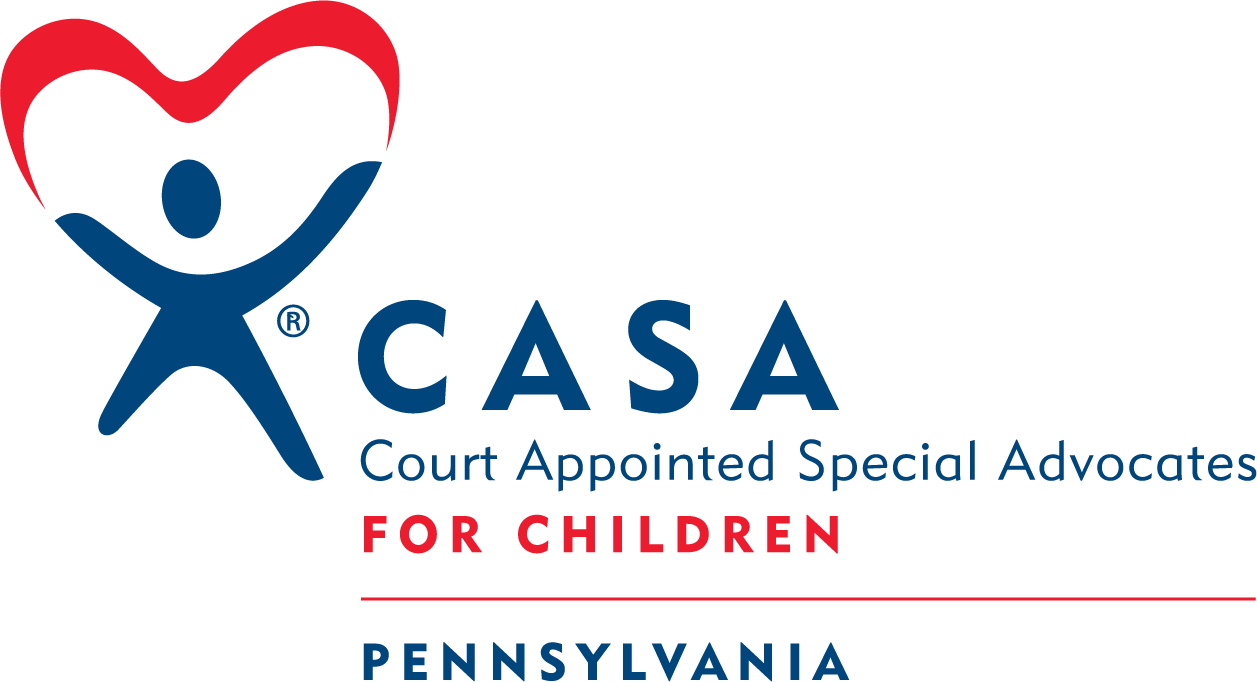PA CASA Promotes Health Equity in the Child Welfare System Through Education


Health outcomes for children who have experienced abuse and/or neglect can be significantly affected by their experiences before, during, and after entering the system. These children often face unique challenges and vulnerabilities that can impact their physical, emotional, and mental health.
Improving health outcomes for children in the child welfare system requires a multi-faceted approach that includes early intervention, trauma-informed care, access to quality healthcare and mental health services, stable and nurturing placements, and comprehensive support for both children and their caregivers.
At PA CASA, we believe education is the cornerstone to driving meaningful change. To facilitate this, we developed and launched three impactful Learning Management System (LMS) courses designed to empower Court Appointed Special Advocate (CASA) volunteers and local program staff to participate actively in promoting health equity. The three courses available on Engage include:
- Healthcare Advocacy – This course focuses on understanding the importance of advocacy in healthcare, and empowering our staff and volunteers to be effective advocates for themselves and the diverse community of children that we serve.
- Advocating for Health Equity: Addressing LGBTQ+ Health Disparities in the Child Welfare System – This course explores the unique challenges faced by LGBTQ+ individuals within the child welfare system and equips participants with the tools to advocate for their health and well-being.
- Advocating for Health Equity: Addressing Racial and Ethnic Health Disparities in the Child Welfare System – In this course, participants delve into the racial and ethnic disparities affecting the child welfare system. It provides valuable insights to combat inequities and promote just outcomes.
These courses empower CASA volunteers to facilitate collaboration between child welfare agencies, healthcare providers, educators, and community organizations. By engaging with these courses, CASA volunteers will also be equipped to report relevant recommendations to the court that will provide the necessary resources to support improved outcomes for a child’s health and well-being.
We look forward to sharing the data collected on health equity outcomes for children assigned a CASA volunteer in the near future.












Responses